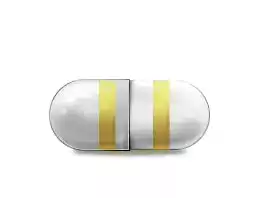Product

Cambia (Diclofenac Potassium)
$0.00
Add to cart
- Canadian Pharmacy Online Pharmacy | Online Canadian Pharmacy
- Need More Information Call Us 1-833-356-6337
Product Details
Description
Cambia (diclofenac) is a nonsteroidal anti-inflammatory drug (NSAID). Diclofenac works by reducing substances in the body that cause pain and inflammation. Cambia is used to treat a migraine headache attacks, with or without aura, in adults 18 years of age and older. It is not used to prevent migraine headaches. Do not use Cambia to treat a cluster headache. Cambia will only treat a headache that has already begun. It will not prevent headaches or reduce the number of attacks.
Cautions
Avoid drinking alcohol. It may increase your risk of stomach bleeding. Avoid taking aspirin or other NSAIDs while you are taking Cambia. Ask a doctor or pharmacist before using any cold, allergy, or pain medication. Many medicines available over the counter contain aspirin or other medicines similar to diclofenac. Taking certain products together can cause you to get too much of this type of medication. Check the label to see if a medicine contains aspirin, ibuprofen, ketoprofen, or naproxen.
Side Effects
Get emergency medical help if you have signs of an allergic reaction to Cambia: sneezing, runny or stuffy nose; wheezing or trouble breathing; hives; swelling of your face, lips, tongue, or throat. Get emergency medical help if you have signs of a heart attack or stroke: chest pain spreading to your jaw or shoulder, sudden numbness or weakness on one side of the body, slurred speech, feeling short of breath. Stop using Cambia and call your doctor at once if you have: •the first sign of any skin rash, no matter how mild; •shortness of breath (even with mild exertion); •swelling or rapid weight gain; •signs of stomach bleeding – bloody or tarry stools, coughing up blood or vomit that looks like coffee grounds; •liver problems – nausea, upper stomach pain, itching, tired feeling, flu-like symptoms, loss of appetite, dark urine, clay-colored stools, jaundice (yellowing of the skin or eyes); •kidney problems – little or no urinating, painful or difficult urination, swelling in your feet or ankles, feeling tired or short of breath; •high blood pressure – severe headache, pounding in your neck or ears, nosebleed, anxiety, confusion; •low red blood cells (anemia) – pale skin, feeling light-headed or short of breath, rapid heart rate, trouble concentrating; or •severe skin reaction – fever, sore throat, swelling in your face or tongue, burning in your eyes, skin pain followed by a red or purple skin rash that spreads (especially in the face or upper body) and causes blistering and peeling.






